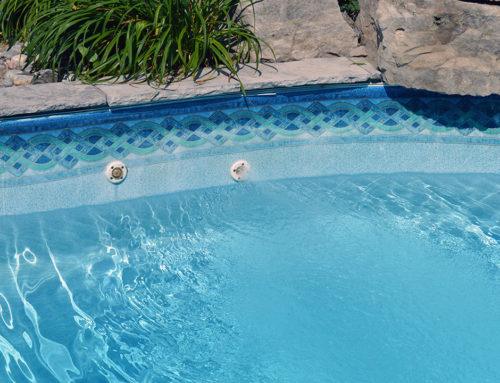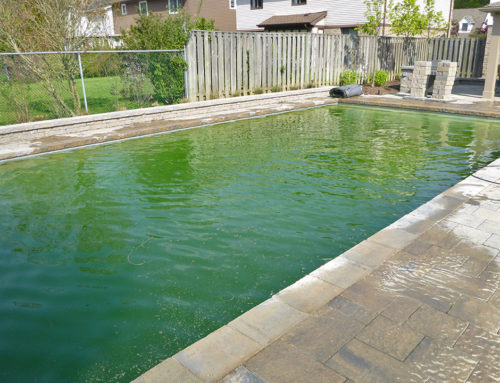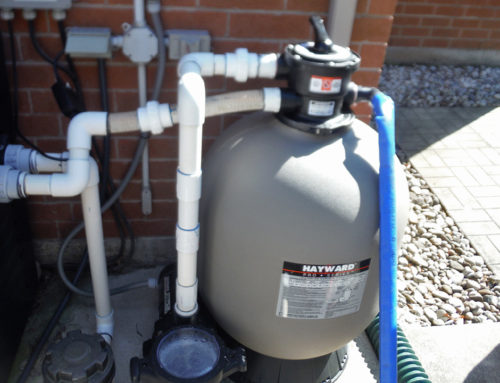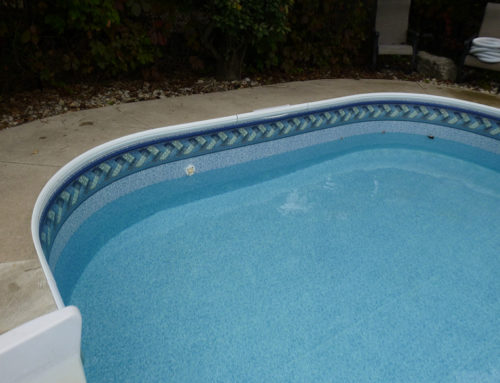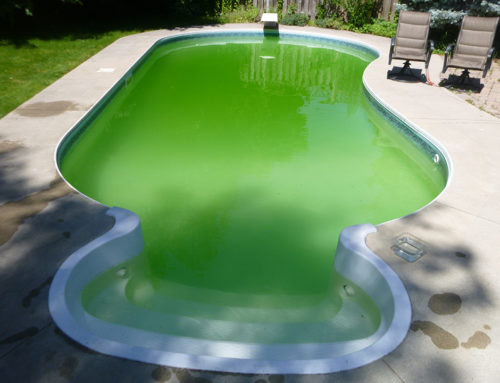Understanding & Treating High Stabilizer
Hello everyone, thanks for popping by!
If you haven’t made the conversion to a salt water pool yet, there’s a good chance you rely on chlorine pucks to get your daily dose of sanitizer in the pool. Whether by floating them in a slow release dispenser or stacking them in a chlorinator connected to the plumbing, stabilized “tri-chlor” chlorine pucks are a great way to keep your pool disinfected and safe to swim in. Unfortunately, that built-in stabilizer, or cyanuric acid (CYA) can cause its own issues down the line. Here’s what you need to know:
Ideal Stabilizer Level: 30 – 60 ppm. Levels near or above 100 ppm can cause problems.
Pros of Stabilizer:
– Unique part of tri-chlor pucks, it makes chlorine molecules resistant to burning off in the sun.
– Stabilized chlorine holds in the water longer, meaning smaller and less frequent doses than non-stabilized chlorine.
– So good at stabilizing chlorine, saltwater pools should add stabilizer at the beginning of the year to get the most out of their system.
Cons of Stabilizer:
– Stabilizer is cumulative. It doesn’t evaporate or burn off, so it builds up over time.
– Stabilizer is a type of acid, so too much deducts from your Alkalinity reading.
– Stabilizer bonds with chlorine- too much stabilizer can affect how well chlorine bonds with contaminants, making it less effective at sanitizing the water.
Prevention:
– Don’t over-dose with chlorine pucks. Add a modest weekly dose and supplement by shocking with stabilizer free chlorine granules or liquid chlorine.
– Avoid “stabilized chlorine granules” for powdered shock. Look for “calcium hypochlorite” instead. While “cal-hypo” can temporarily cloud the water, it’s stabilizer free.
Treatment:
– The easiest way to reduce stabilizer is through dilution. Lower your water level with your drain or backwash line and refill with fresh water.
– Products exist to break down CYA in pool water. These treatments may take more than one dose to fully lower high stabilizer levels. Ask your pool professional whether this treatment is right for your pool.
Whether you’ve read this article because of on existing stabilizer problem or if you just wanted to learn something new about pool chemistry, come by our store at 1800 Appleby Line to learn more. Bring a water sample for a free chemistry test and talk with our knowledgeable staff about any of your pool questions or concerns. We look forward to seeing you!







